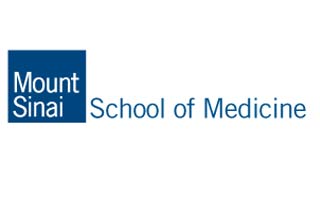
SHANK3 deficiency among kids is a one of the known risk factors for ASDs. This study aimed at understanding if the insulin-like growth factor (IGF-1) could be effective in treating this condition. A trial conducted in 2010 revealed that this growth factor could reverse nerve cell damage and restore defects in them, thereby promoting memory and learning. Basically, this analysis will be conducted to develop independent medications for autism, rather than using those that treat other disorders as well.
“This clinical trial is part of a paradigm shift to develop medications specifically to treat the core symptoms of autism, as opposed to medications that were developed for other purposes but were found to be beneficial for autism patients as well,” commented Joseph Buxbaum, PhD, Director of the Seaver Autism Center at Mount Sinai.
This trial will begin this month and continue for almost 7 months. Patients with SHANK3 deficits aged between 5 and 17 years will be incorporated in the analysis. While some of them will receive IGF-1, the others will be exposed to placebos. Further studies will assess the working of this drug for ASDs that are not related to SHANK3.
IGF-1 is an FDA-approved drug that is used for enabling synaptic flexibility and neuronal development, both which play a primary role in thought processes. The team plans to evaluate the medication with respect to the principal symptoms of autism. These include language disability and social apathy among others.
